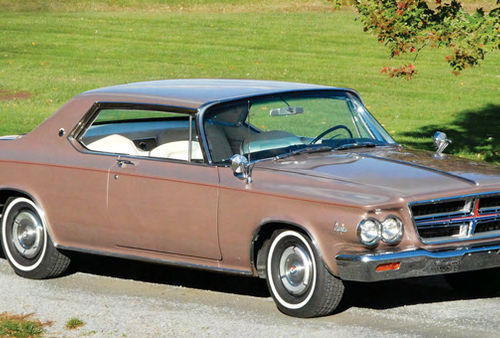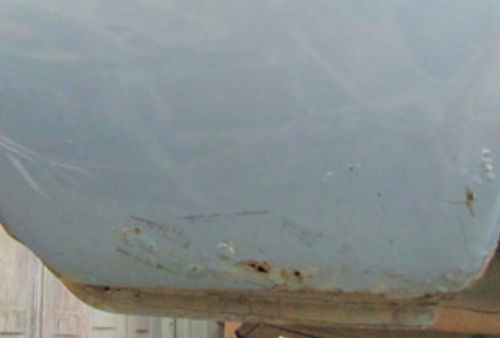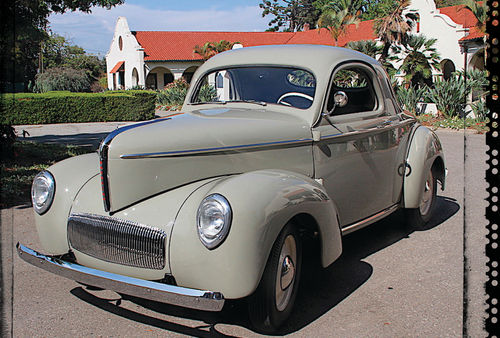Detergent vs. non-detergent oil
Question:
What type and weight of oil would you recommend to use in the following two engines: One is a 1950 Oldsmobile 303 which, according to all records available, has 60,000 original miles on it, and a 1949 Ford Flathead which has approximately 79,000 miles on it.
Not knowing if either engine has had any work on them should I stick with a non-detergent oil? Should any type of engine flush be used prior to oil changes and are there any oil additives that would be beneficial? Any advice would be very much appreciated.
Answer:
The question of what oil to use in your vintage engines is similar to the question of whether unleaded fuel will harm engines originally designed to run on leaded fuel. One can formulate a compelling argument why a lead additive is necessary and one can make an equally compelling argument for why you should stick with a non-detergent, straight weight oil as originally specified for your Olds and Ford.
On the other hand, these theoretical arguments for both the necessity of lead and the value of vintage-spec oil often seem to become irrelevant in real life situations.
Modern engine oil formulations, whether with or without detergent additives, are virtually never the cause of engine failure. When bearings fail it’s almost never the fault of the oil itself. Incorrect clearances, a broken oil pump, and overheating are common causes of bearing failure.
So in my opinion, based on all of my experience as a professional restorer and long-time vintage vehicle collector who has driven many, many miles in collectible cars, it is perfectly safe to use a modern, detergent oil in all of your vintage engines.
At the same time, if it makes you feel more secure, I don’t think you’ll experience any oil-induced problems if you use a non-detergent oil in your cars.
Either way, I would stick with the weight recommendations in the owner’s manual/factory service manual for the climate in which the cars will be used.
As a point of interest, Castrol manufactures a line of motor oil called Castrol Classic. While these oils benefit from many of the advances modern technology offers, including more precise refining techniques and very sophisticated additive packages, they also differ in a number of important ways from oils formulated specifically for modern cars. These differences include the type and quantity of the additives.
Unfortunately, Castrol does not market its Classic line of oils in the United States so if you want it you’ll have to purchase it from one of the many UK distributors and figure out how to best get it to Longview, Washington.















